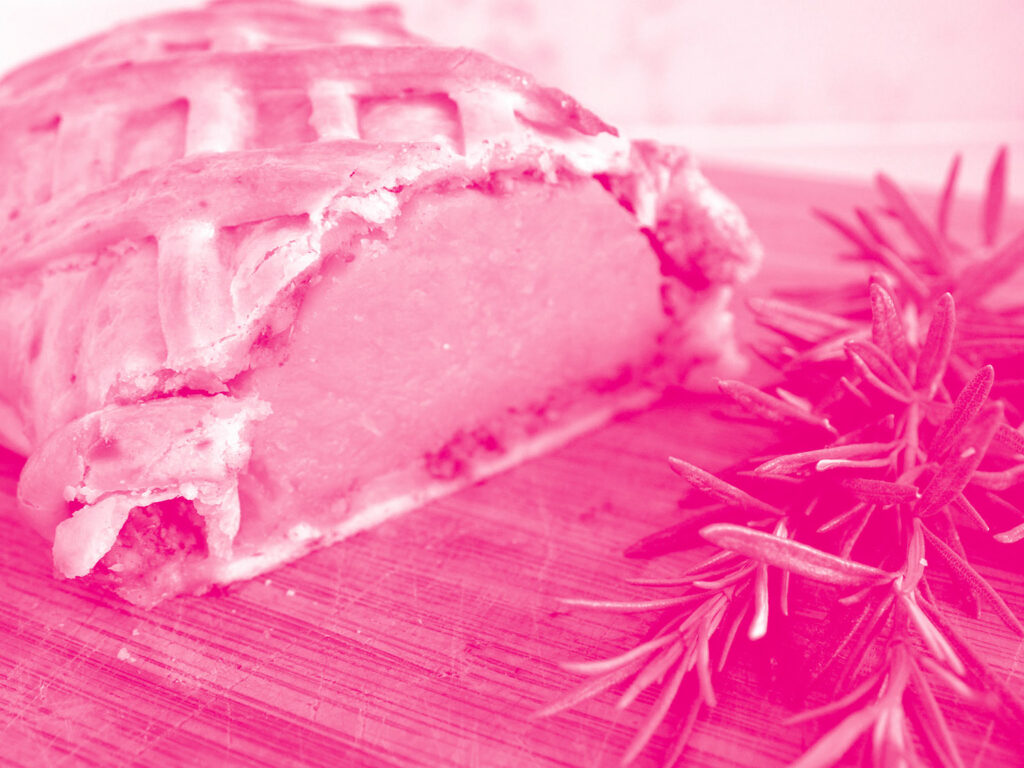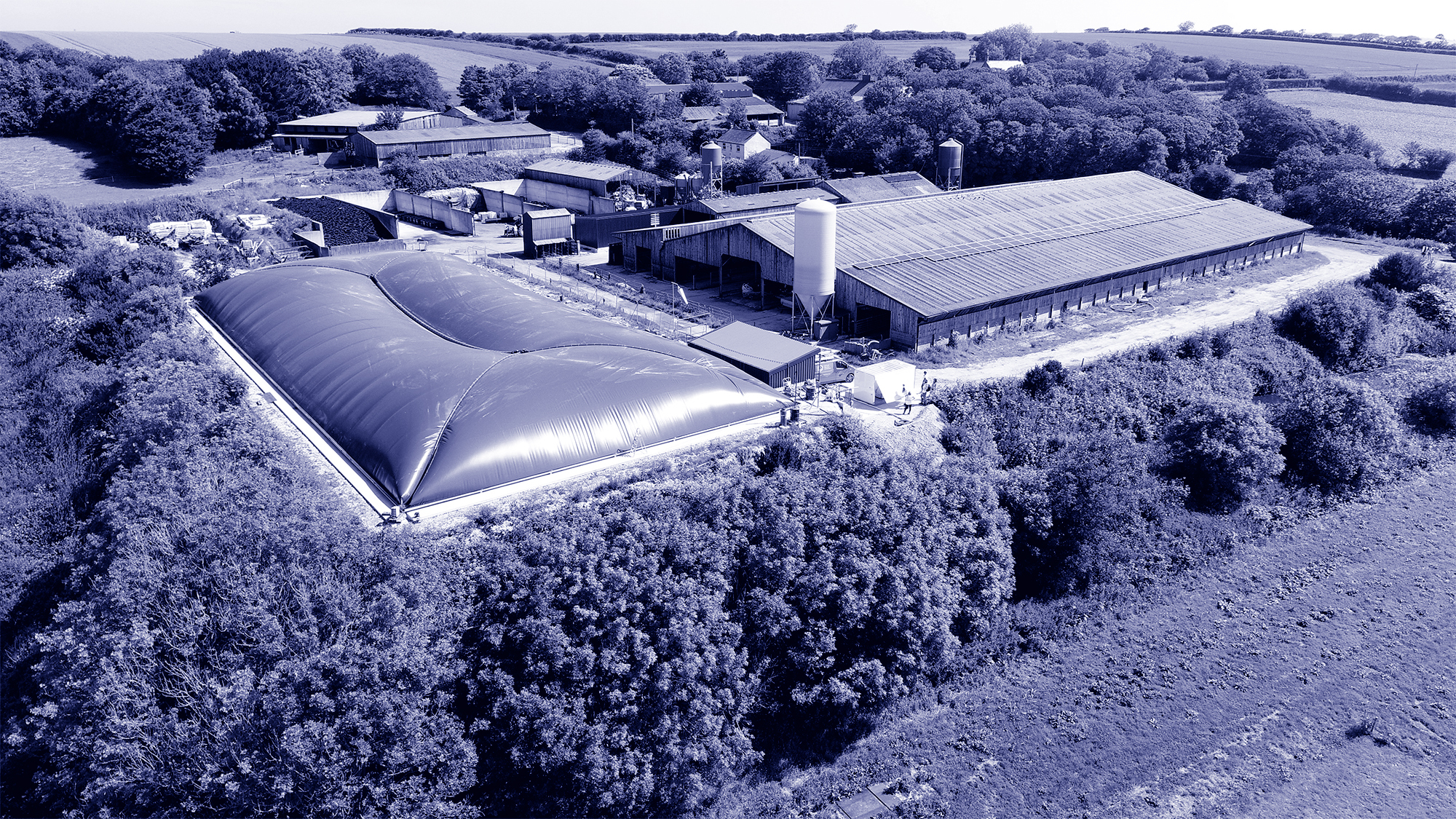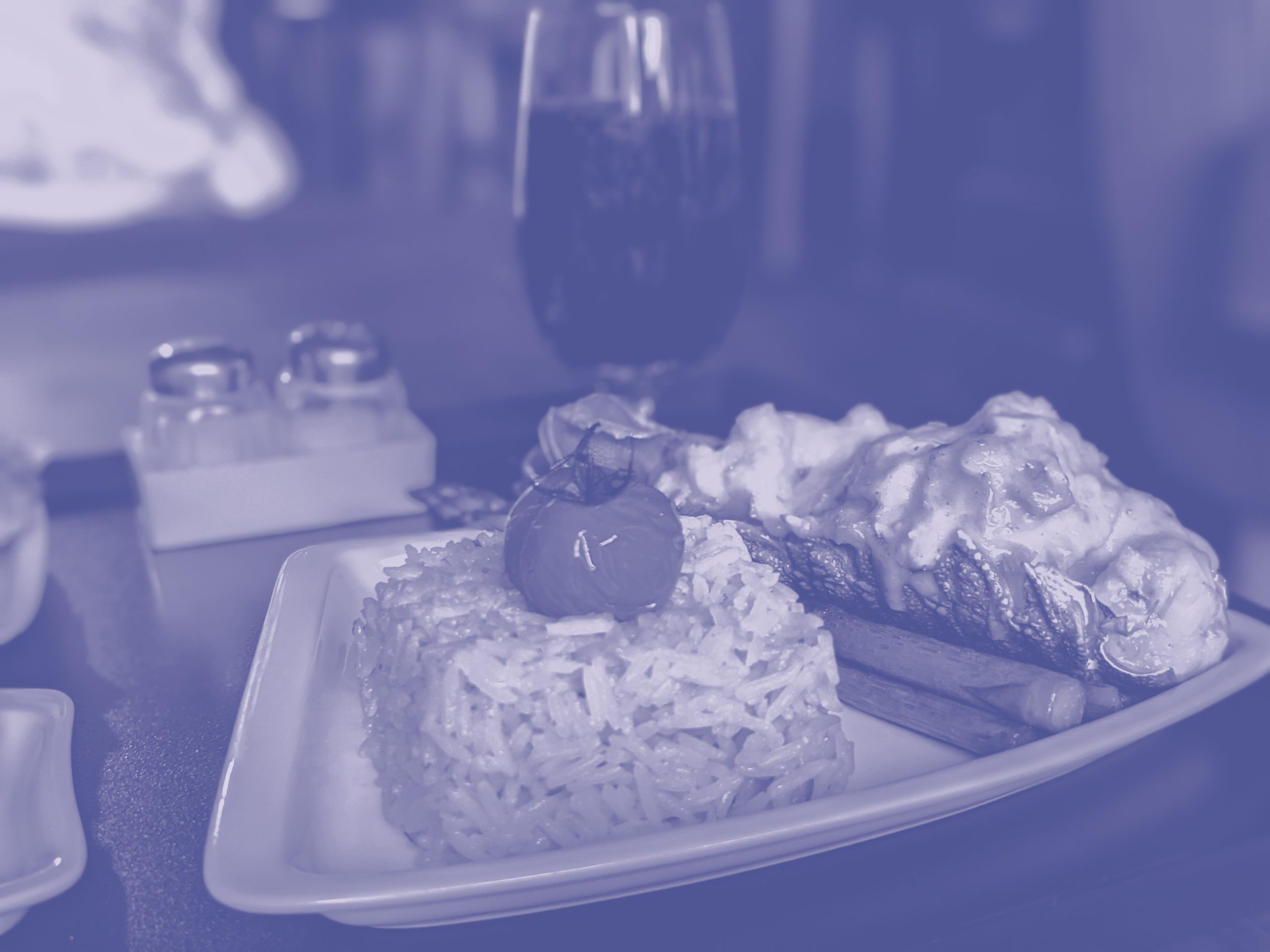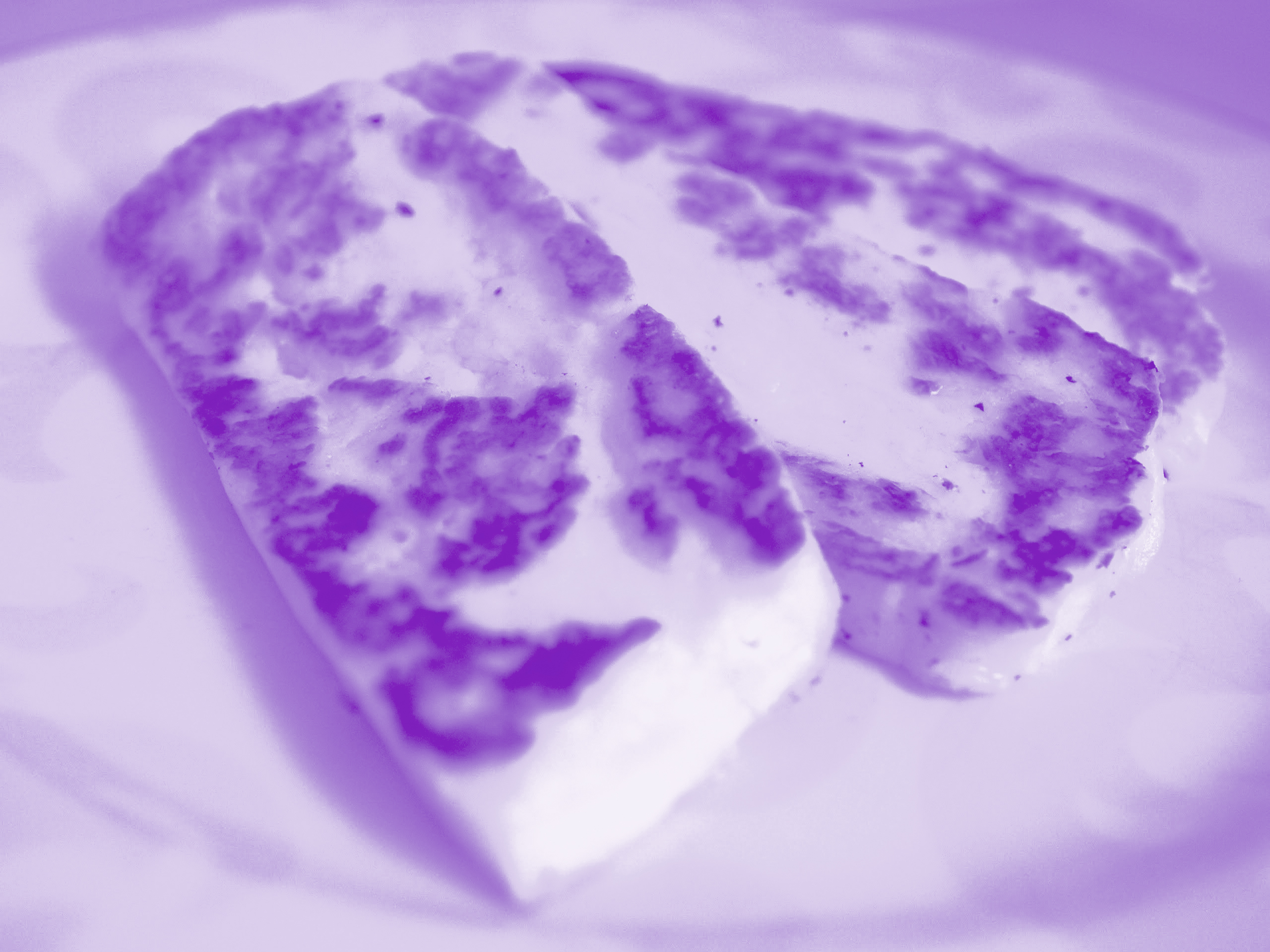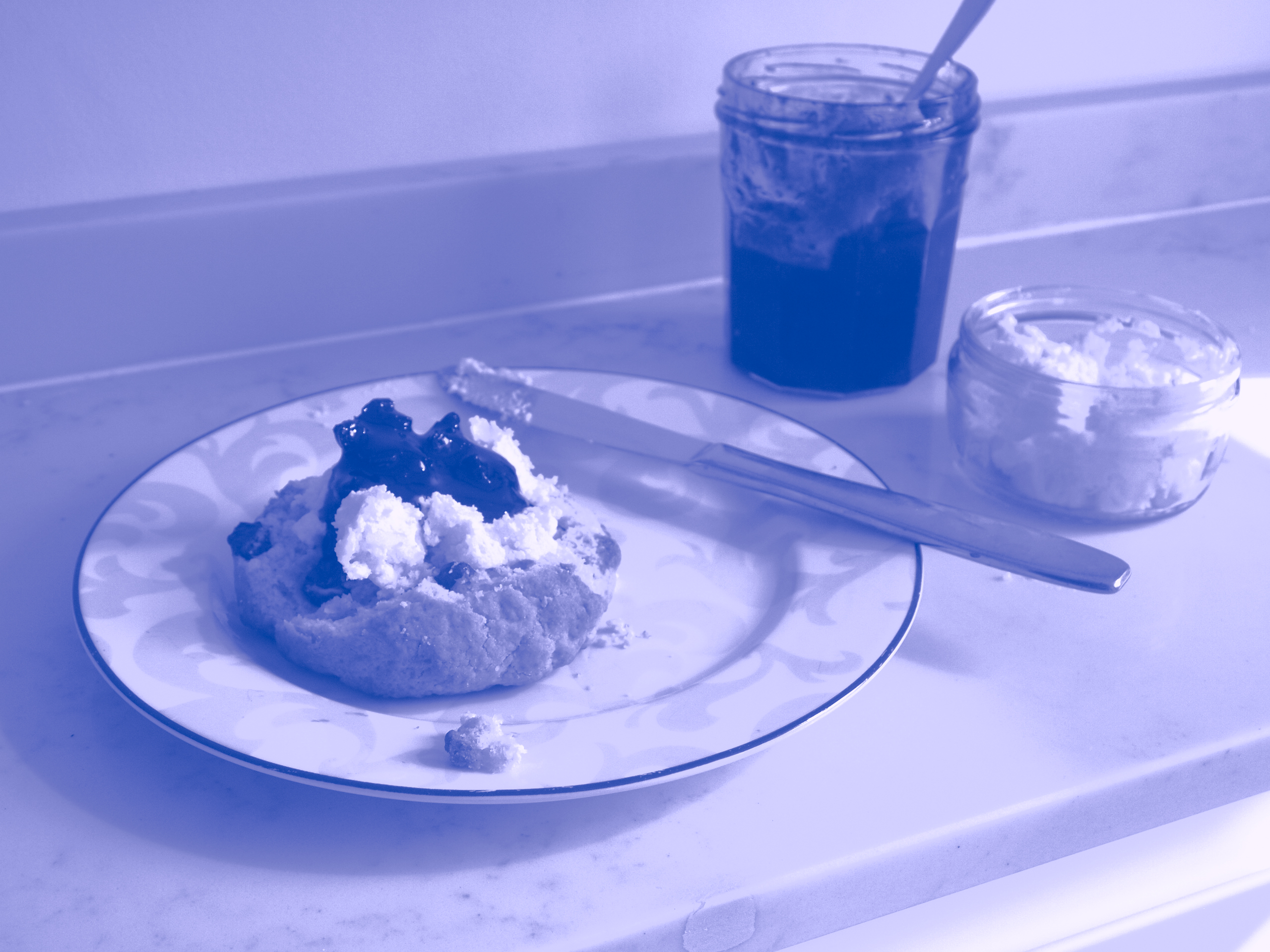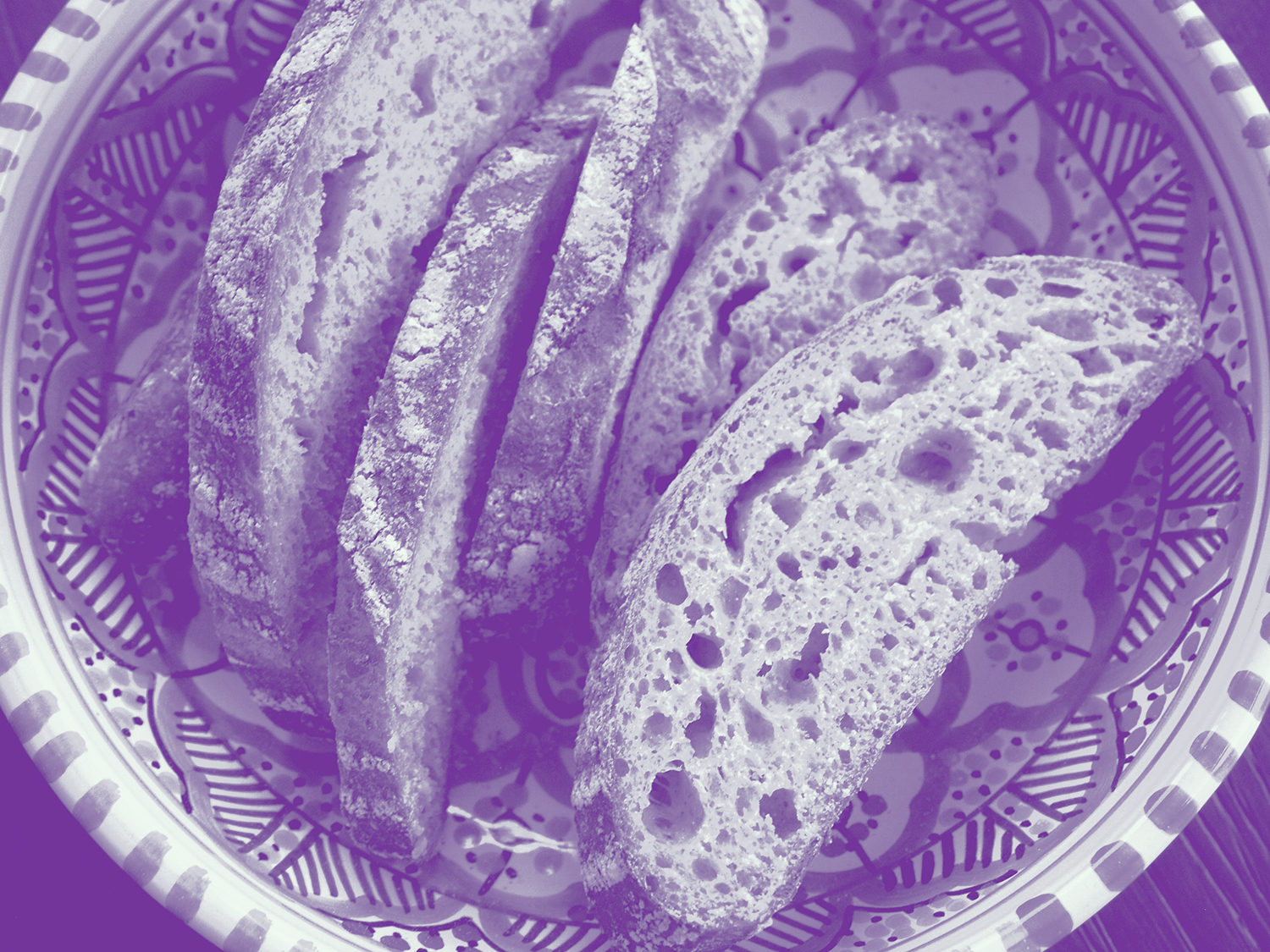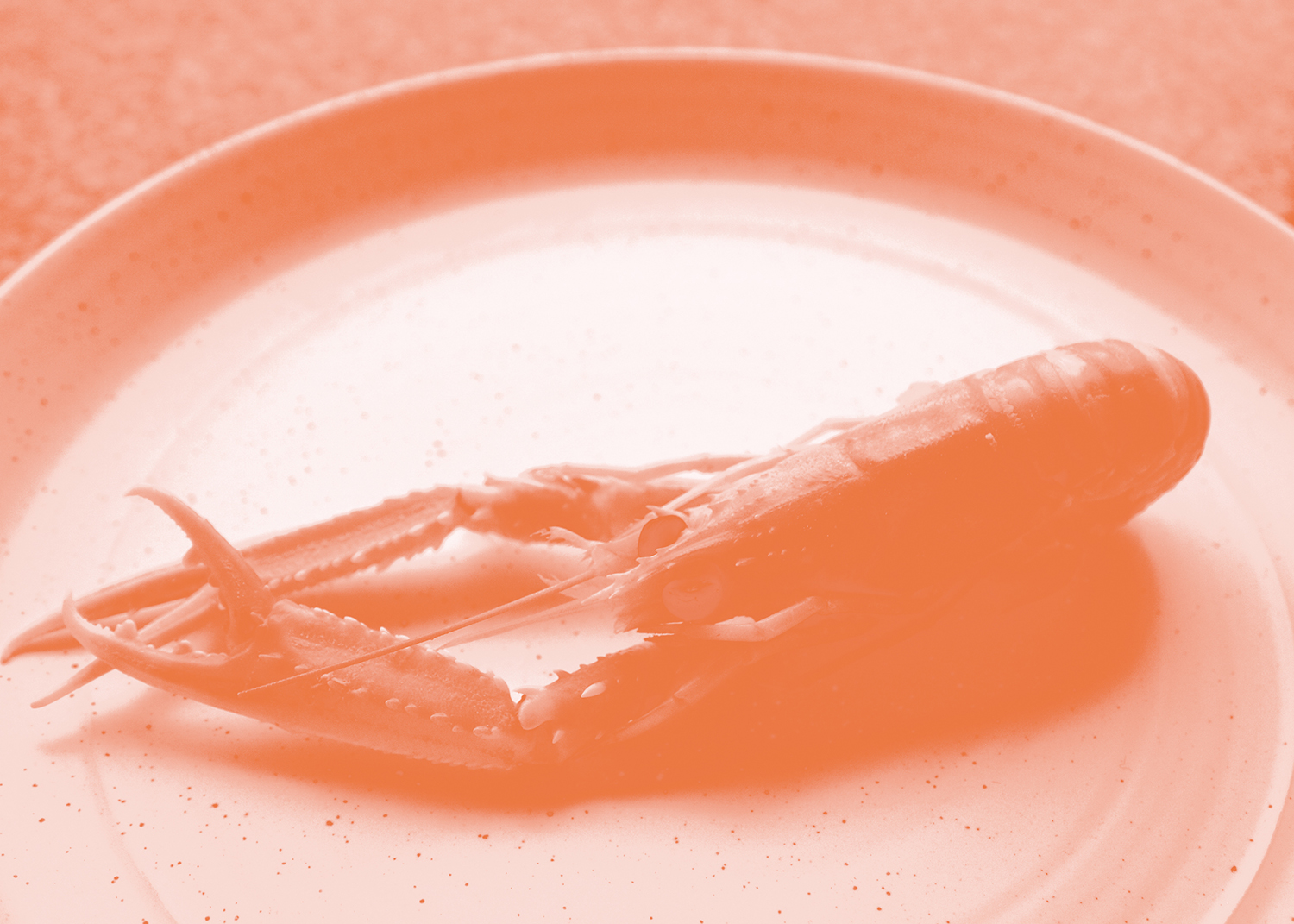Endangered Kitchen explores disappearing and lesser known food practices through the lens of contemporary politics, climate change and recipes.
We often think of Brexit as unprecedented, but the UK has broken ties with its European neighbours before. The first Brexit of sorts took place 500 years ago, after Henry VIII left the Catholic Church and founded the Church of England. With this religious rupture came the loss of trust, and more importantly, trade with many of England’s staunchly Catholic neighbours like France and Spain. In an attempt to salvage the economy, Queen Elizabeth I, Henry’s daughter, sent out British explorers to build “relationships” (read: colonies) with “unknown” nations in order to forge new trade deals. It was during this period, known as the “Age of Exploration,” that certain foods now ingrained in the UK diet arrived in Britain—tomatoes, turkey and potatoes from the Americas; tea from China; spices from India.
While the world is incredibly different now, a post-Brexit UK finds itself in a similar position, scrambling once again for somebody to trade with. This includes new trade deals to keep food supply chains stable and consistent after splitting with the EU, their largest import and export partner which supplied around 30% of food to Britain and, critically, also set high food standards, including (and especially concerning) meat, fish and dairy. It is this trade involving animal products which has become particularly tricky— since Brexit policies took formal hold in January 2021, Brexiteers have failed to deliver a promised ‘golden age’ of farming, ironic when many of those working in agriculture, in particular livestock farmers, voted to leave the EU. Meat industries, such as cattle, have not only found it difficult to export their product out of the country, but have also been unable to process animals they have raised due to European labour shortages at slaughterhouses.
So far, the UK has signed around 69 new trade deals with countries around the globe, but also seems to have been counting on its former empire for support and to provide new free trade deals. Many ex-colonies now free of the UK, such as India, have unsurprisingly NOT heeded this call. But there are two nations which have remained faithful, two countries which, like Britain, are also leaning towards insular foreign policies and shows of military force— the United States and Australia. For several years whilst Brexit negotiations were taking place, it became apparent that deals were likely between these three countries. It is clear why: in the words of Australian Premier, Scott Morrison, they all ‘see the world through a similar lense.’ Just how ethical this lens’s focus is, however, is up for debate.
The EU remains one of the key suppliers of fruit and veg to the UK, and though Brits are eating far less meat than they were just a decade ago, new meat deals must also be found. Beef remains the most popular meat choice in the UK—the French even refer to the English as ‘le rosbif.’ After the BSE/CJD outbreaks (known as Mad Cow Disease) in the ‘90s, UK farmers have worked hard to rebuild the reputation of British beef exports, which have taken a hit once more after Brexit. In June 2021, the UK’s Conservative government sought a historic trade deal to import Australian beef into the UK at lower costs than British beef in order to keep food prices down. This was swiftly followed by a deal with President Biden, who signed to import British beef to the US for the first time since 1996.
In recent weeks, however, it has become crystal clear that these trade deals are not just about meat; they have never been just about meat.
A few months after the beef deal, the UK, US and Australia agreed on a trilateral security pact to provide Australia with the technology and capabilities to deploy nuclear submarines, in a thinly disguised show of force against an increasingly powerful China, Australia’s near neighbour who all three countries are keen, putting it lightly, to keep an eye on. This pact, known as AUKUS, also comes after the US withdrew troops from Afghanistan and the UK found itself with no close trading allies. As the number one and two arms dealers in the world respectively, both the US and UK must seek new arms deals and have found a partner in Australia. AUKUS has provoked a deeply uncomfortable reaction from the global community. China has accused the agreement of starting an arms race in the Pacific. And in France, President Macron angrily referred to the pact as a ‘stab in the back,’ and recalled French ambassadors to the USA and Australia after an order from Australia for eight French submarines was cancelled and overwritten by the new trade deal.
And what do the cattle farmers make of it all? British farmers now have a serious case of Regrexit and have been protesting against the Australian deal, with many viewing it as a death knell for the agricultural industry. And though exporting beef to the USA might be seen as a glimmer of hope for these same farmers, many think this might be a foot in the door for food imports from America , something which they have been historically suspicious of.
When it comes to food trade with the US, Brits have remained fiercely protective over the high standard of produce (standards that were ironically implemented by the Europeans). In 2019, over a million people signed a petition for the government to guarantee that EU food standards would be maintained post Brexit and, for years now, an innate fear of US chickens washed in chlorine ending up on UK supermarket shelves has become lodged in the British public’s psyche and is regularly mentioned in news reports. Though there is very little evidence to actually support that US farmers use chlorine and hormones in as high quantities as Brits image, we can only assume that this fear is part of a proxy debate that barely masks deep post-Brexit fears.
Aussie cattle farmers, on the other hand, are delighted by the deal, especially when it was recently reported that after years of drought, fires and a rise in vegetarianism, cattle farming in Australia had been sluggish. Though new trade with the UK means an injection of momentum for the industry, there are many concerns raised over the environmental effect of intensifying cow farming in a country that is already seeing the devastating effects of climate change first hand—especially when dairy and cattle farming are considered some of the worst perpetrators of global carbon emissions. Australia should be seeking new, greener solutions rather than going backwards, in particular as the country is amongst the world’s biggest polluters1
AUKUS and the trade deals that surround it are, alarmingly, a perfect storm of destruction that combines carbon-emission-dense bovines, an arms race, and perilous climate change. But there has always been a relationship between war and food production, after all, intensive farming processes like cattle farming were invented after WWII when trade routes were, as in a post-Brexit, post-Covid world, skewed. Indeed, industrialised agriculture was helped along by the Haber Bosch process, which blasts soil with enough nitrogen and ammonia—N in chemical terms. It should not escape our attention that N is also a key component to the bomb2. Though it is the job of governments to feed their countries, it is also their role to protect them. But with constantly shifting geopolitical and social tensions in the middle of a global pandemic which has brought about a financial crisis, it seems as if many governments, not just the UK, USA and Australia have become a lot more hostile, seeking to protect and provide by brute force. Whether it’s nuclear submarines or cattle from a Central Australian desert, if there was ever a reason to go vegetarian, rising hostilities in the Pacific might be just one of them.
A Peaceful Mushroom Wellington
Without beef, what might happen to the ubiquitous British Sunday roast? Perhaps the pinnacle of British cuisine, no traditional roast would be complete without a cut of beef or a wellington—meat wrapped in pastry and duxelles. However, rather than offering you a recipe for a traditional beef wellington, I’d like to give you a recipe for my new favourite wellington, which is far more peaceful and has absolutely nothing to do with the increasingly hostile AUSUK deal.
Ingredients
- 300g pastry – homemade or otherwise!
- Egg wash
- Baking parchment
- A blender or hand blender
For the filling
- 1 large butternut squash – use what you like but the more cylindrical kind works best.
For the pate
- 200 g mushrooms
- 2 small shallots
- Big garlic clove
- Rosemary, thyme, fennel and tarragon
- 50g handful of chopped dates
- 50g hazelnuts
- 50g oats
- 100g creme fraiche (I use oat/vegan creme fraiche and it works way better than dairy creme fraiche—not only for the planet, but it’s a little sweeter!)
- Salt and pepper to taste
Directions
- Cut up a large butternut squash length ways, take out the seeds and remove the skin.
- Roast for about 25-35 mins at 200 degrees until they are soft but still firm in the middle. Let it cool.
- Fry mushrooms, shallots and garlic on a medium heat for about 10 minutes until cooked thoroughly. Let them cool, then add the mushrooms, shallots and garlic to a blender along with all the other ingredients.
- Blitz – you don’t want it too smooth, it still needs to be a bit chunky.
- Lay a piece of baking parchment on a baking tray, then lay pastry lengthways on top of the parchment. Spread the mushroom pate generously.
- Stick the two parts of the butternut ends together to make half a cylinder, then lay on top of the pastry/mushroom layer. Roll the pastry as tightly as you can over the butternut, sealing the ends so that you can’t see any of the filling.
7. Traditionally, wellingtons are decorated with a lattice pattern, so decorate accordingly, egg wash and bake for 30 minutes at 170oC so that the pastry is golden brown.

